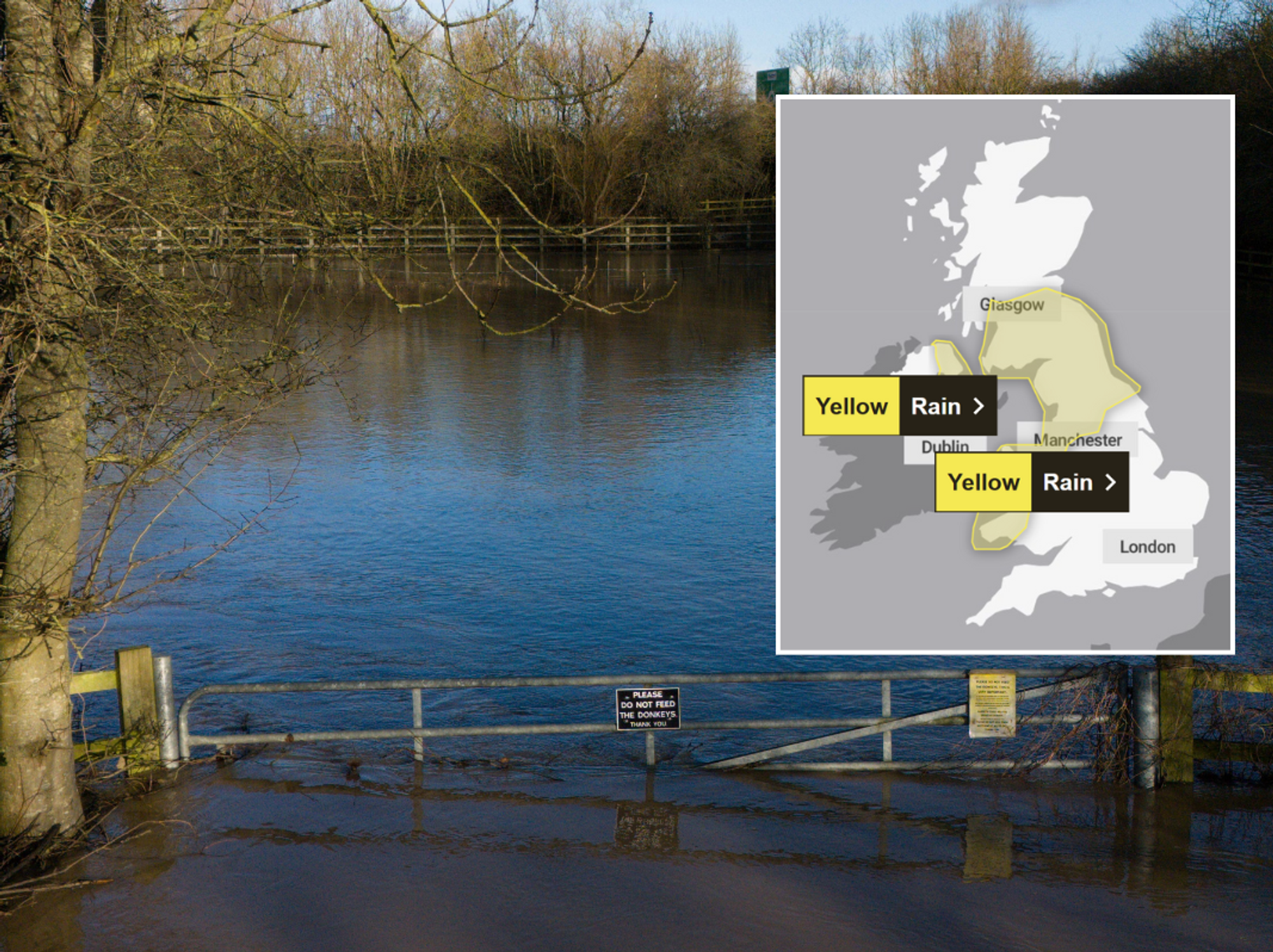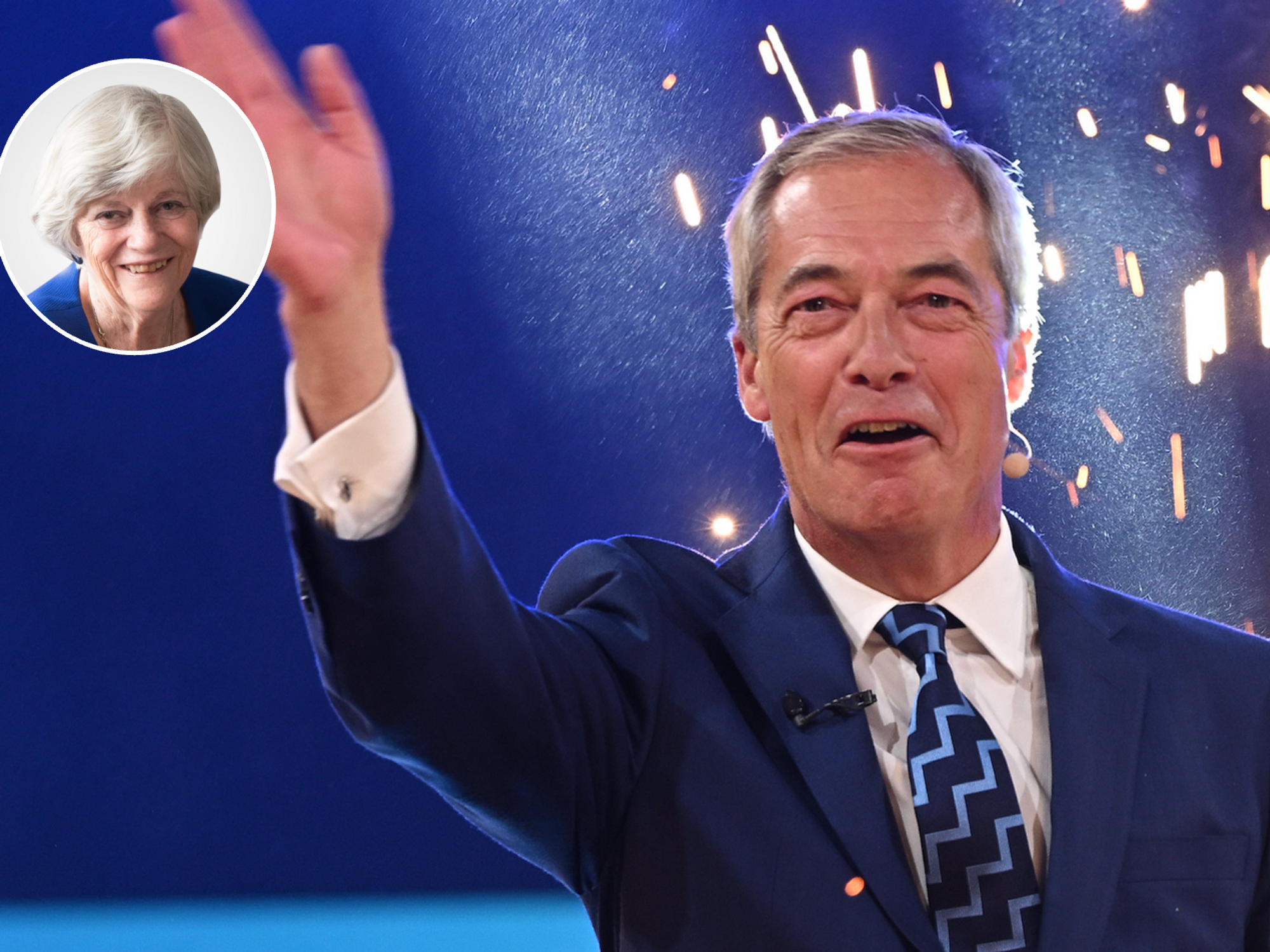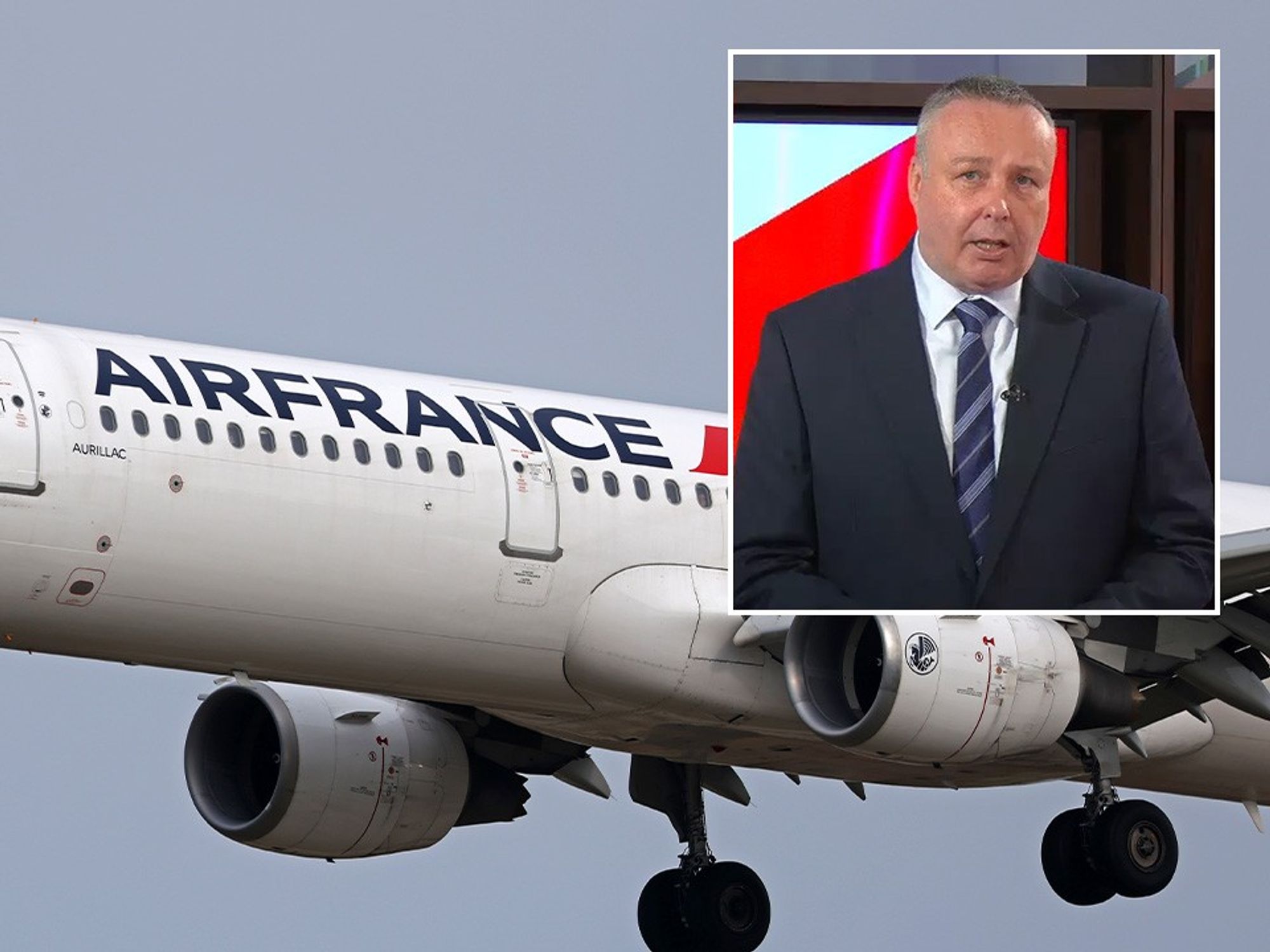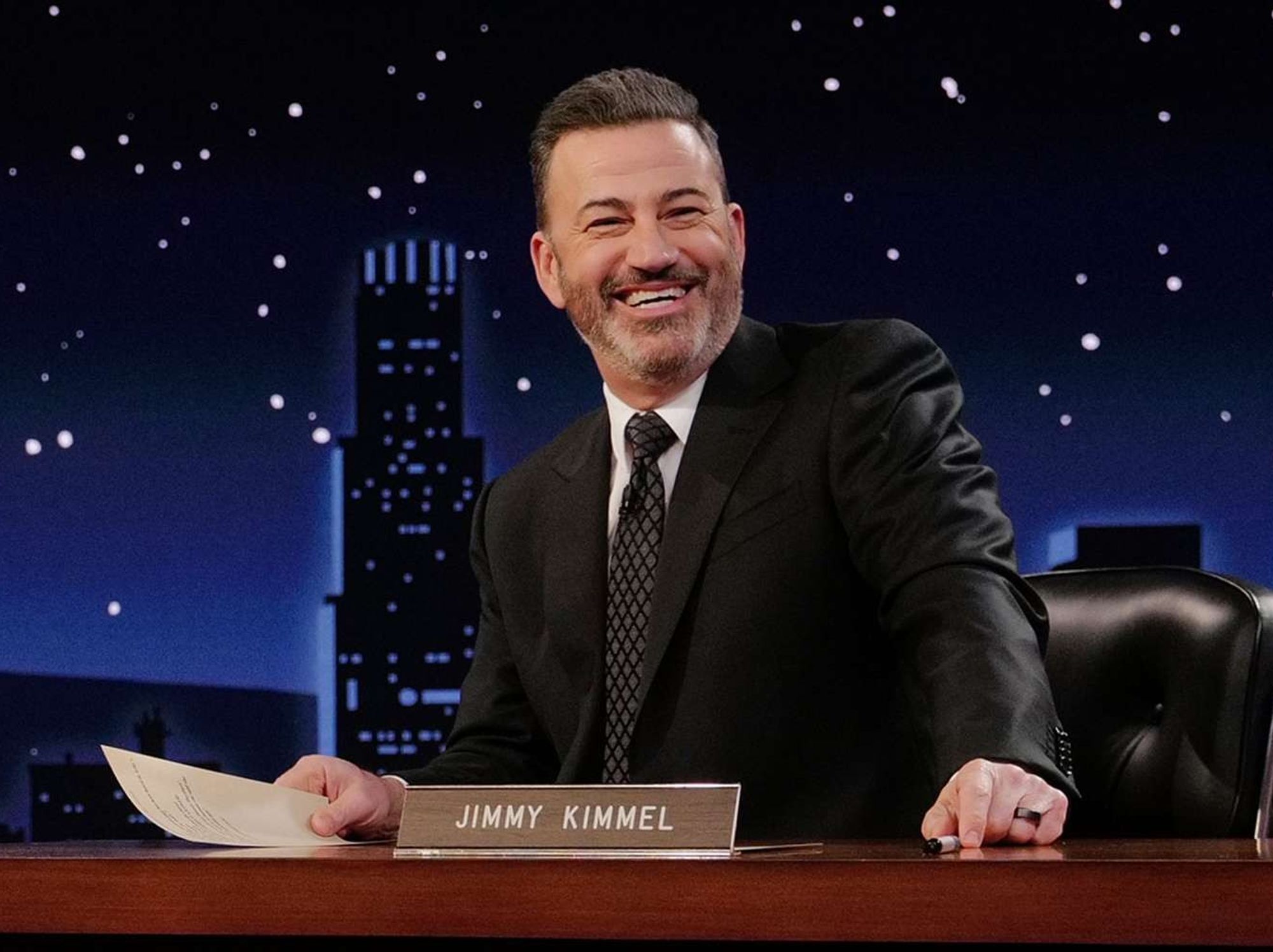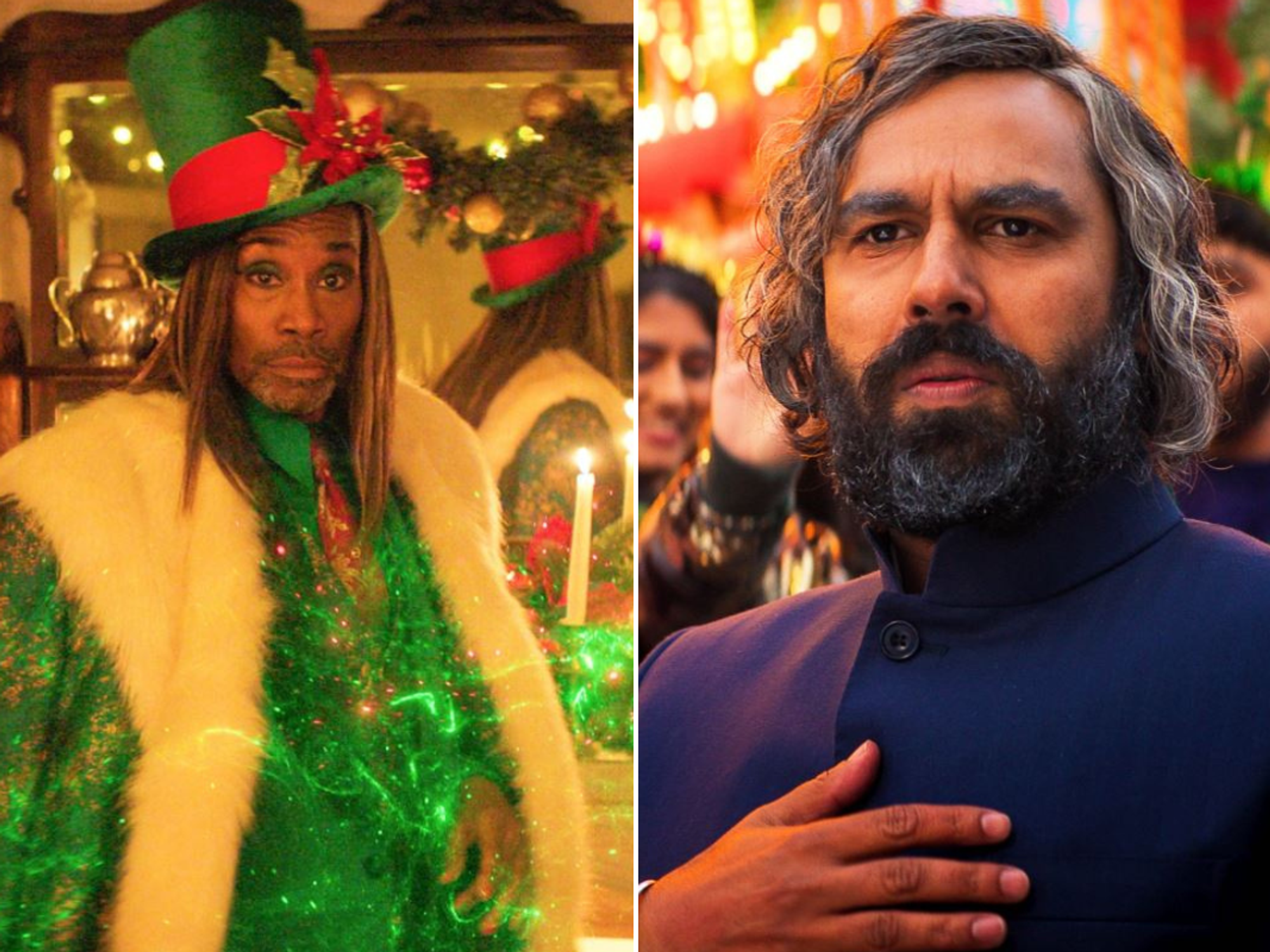Putin admits Russia at 'watershed moment' as support for Ukraine war drops after catastrophic failures

The Russian president admitted Russia is having a 'difficult moment' as Nato ramps up its support for Ukraine
Don't Miss
Most Read
Vladimir Putin has said Russia is at a “watershed moment” during his state of the nation address ahead of the one-year anniversary of its Ukrainian invasion.
During any otherwise bombastic speech, Putin gave a rare, candid admission that the invasion was not going according to plan.
As Russia continues to wage war on Ukraine, Putin’s intention to sweep into Kyiv within days of invading has not gone to plan for the Russian president.
Putin has now admitted that Russia is having a “difficult moment” as Nato ramps up its support for Ukraine.
He told a conference: "I am making this address at a time which we all know is a difficult, watershed moment for our country.
"A time of cardinal, irreversible changes around the world, the most important historic events that will shape the future of our country and our people, when each of us bears a colossal responsibility."
Putin also used his speech to condemn the West, accusing them of plotting to supply nuclear weapons to Ukraine before the war had commenced.
He told the Russian elite: "We were patient in our negotiations to come out of this verbal conflict. However behind our backs, a completely different scenario was being prepared.
"The assurances from Western leaders to ensure peace in Donbas turned out to be a lie. They tried to close their eyes to the killings of the Kyiv regime.
Joe Biden is among the Western leaders who have committed to supporting Ukraine throughout the war, and yesterday paid a visit to Kyiv
TOM BRENNER
"In Western academies and training centres, they were training nationalists and supplying weapons.
"Before the special military operation, they were negotiation the supply of heavy military equipment, planes and anti-aircraft systems.
"They were also publicly talking about the supply of nuclear weapons. Nato and Western countries were setting their military bases on our borders and biological laboratories.
"They were training on the future theatre of military actions."
It comes as public figures in Russia have spoken out against the war, including oligarch Mikhail Fridman, who called for an end to the "bloodshed".
In a letter seen by the Financial Times, he wrote: "I am a businessman with responsibilities to my many thousands of employees in Russia and Ukraine.
"I am convinced however that war can never be the answer. This crisis will cost lives and damage two nations who have been brothers for hundreds of years.”
Industrialist Oleg Deripaska, who has been the subject of US sanctions, said on Telegram that the conflict is "unthinkable and unacceptable".
Western countries such as the US and UK have remained steadfast in their support for Ukraine since Russia's invasion, supplying weaponry to Zelensky's forces and imposing sanctions on Putin.
Putin said the West’s actions have caused self-inflicted wounds, claiming their own energy sectors have collapsed as a result.
Putin acknowledged issues with remuneration for Russian soldiers
SPUTNIK
“All sanctions are just a means, but the objective is to force our citizens to suffer - this is their humanistic approach,” he said.
“They are trying to destabilise our society from the inside.”
While the Russian president committed to “implementing the latest technologies” to help improve his army, he acknowledged issues with soldiers being unpaid.
“We need to work hard to improve this,” Putin said.
"I understand how unbearably hard it is now for the wives, sons, daughters of fallen soldiers, their parents, who raised worthy defenders of the Fatherland.”
Mistrust has grown among the civilian population as a result of missing payments, after many soldiers who fought for Russia last year have found they cannot attain the documents needed for remuneration, according to The Institute for the Study of War.





